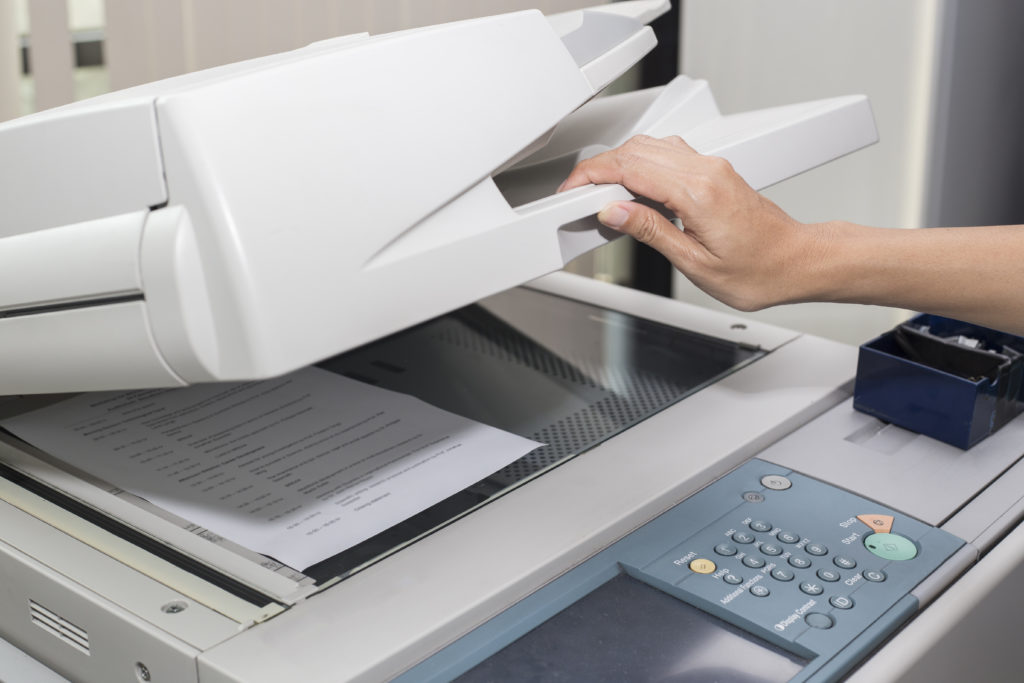LSG Darmstadt: concrete proof for occupational disease is required
Toner dust from laser printers and photocopiers does not generally ill. An employee wants to leave his respiratory disease is due to a year-long load of toner particles in the workplace as an occupational disease to acknowledge, he must prove the occupational cause of the disease, with a workplace inhalation test, decided by the Hessian state social court (LSG) in Darmstadt, Germany, in a Wednesday, 6. March 2019, published judgment (Az.: L 9 U 159/15).

The 63-year-old plaintiff from the district of Hersfeld-Rotenburg had worked for four years as a mimeograph machine in a copy room. Daily he edited in a 30 square meter room, the copy and print orders of 5,000 to 10,000 sheets. Due to respiratory complaints, he requested the recognition of an occupational disease. He attributed his complaints to the burden of the toner particles.
However, both the accident insurance carrier as well as the LSG rejected the recognition as an occupational disease. Although a disease of the nose and of the respiratory tract would be available for the plaintiff. The 63-Year-old but have not demonstrated that this is returned to the toner dust. The fact alone that toner dust containing allergenic substances, lead is still not generally damage to Health and for the recognition as an occupational disease, ruled LSG.
The plaintiff had already suffered prior to his work as a multiplier to hay fever and Asthma. It was also not clear to what extent he was exposed to the toner dust. Because the workplace had been transformed. The plaintiff had also refused a workplace-related inhalation test, to be able to allergic reactions to prove. There is a causal link between respiratory disease and toner dust exposure had not been substantiated, therefore, the LSG in its judgment of 21. January 2019.
Similar to 2016 had been rejected by the LSG Munich, the recognition of a supposedly due to toner dust caused Asthma as an occupational disease (judgment of 24. May 2016, Az.: L 3 U 385/14; JurAgentur message from 7. October 2016). fle/mwo
